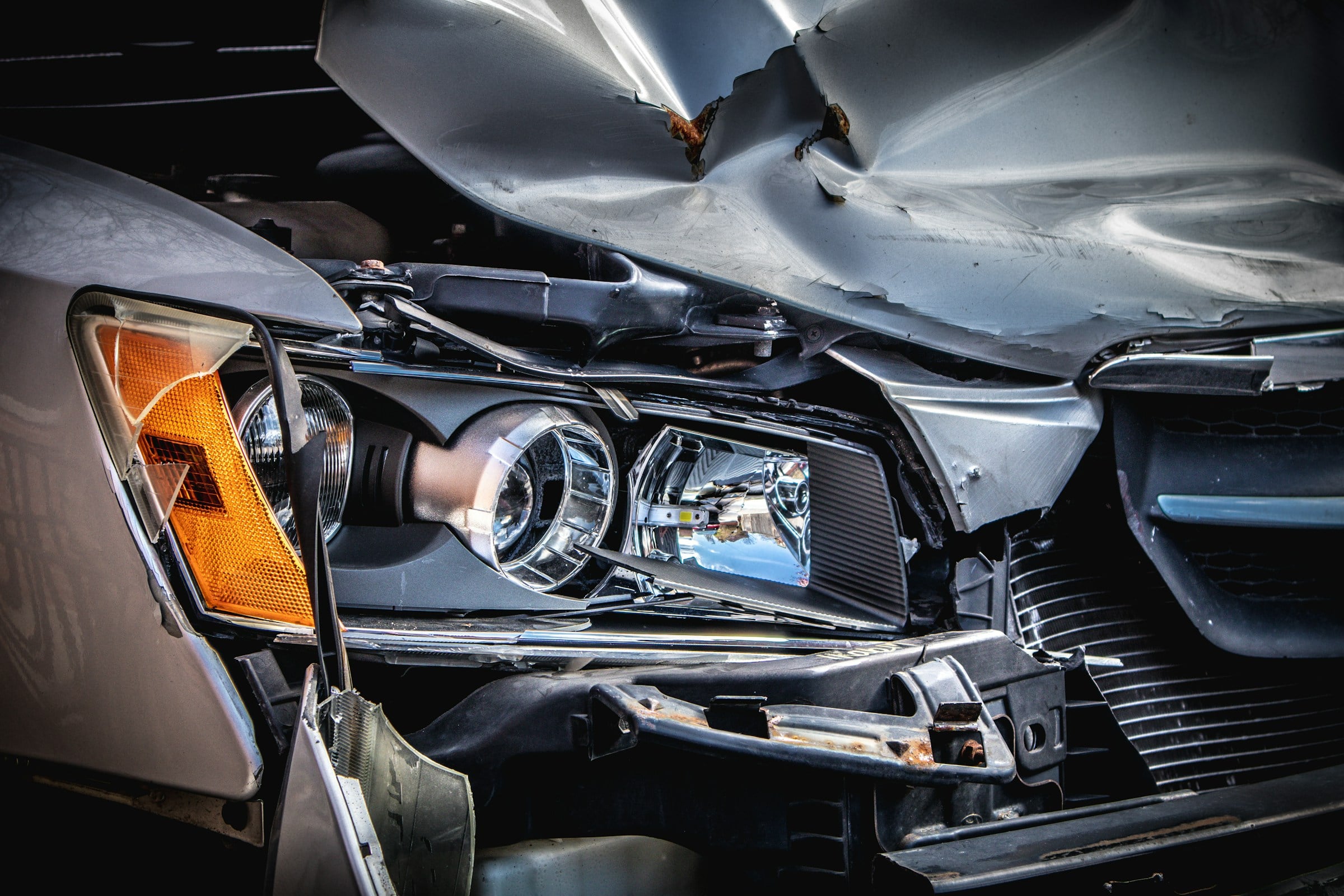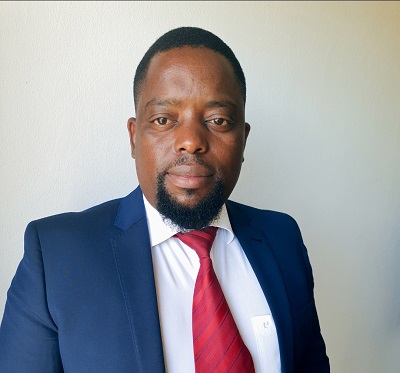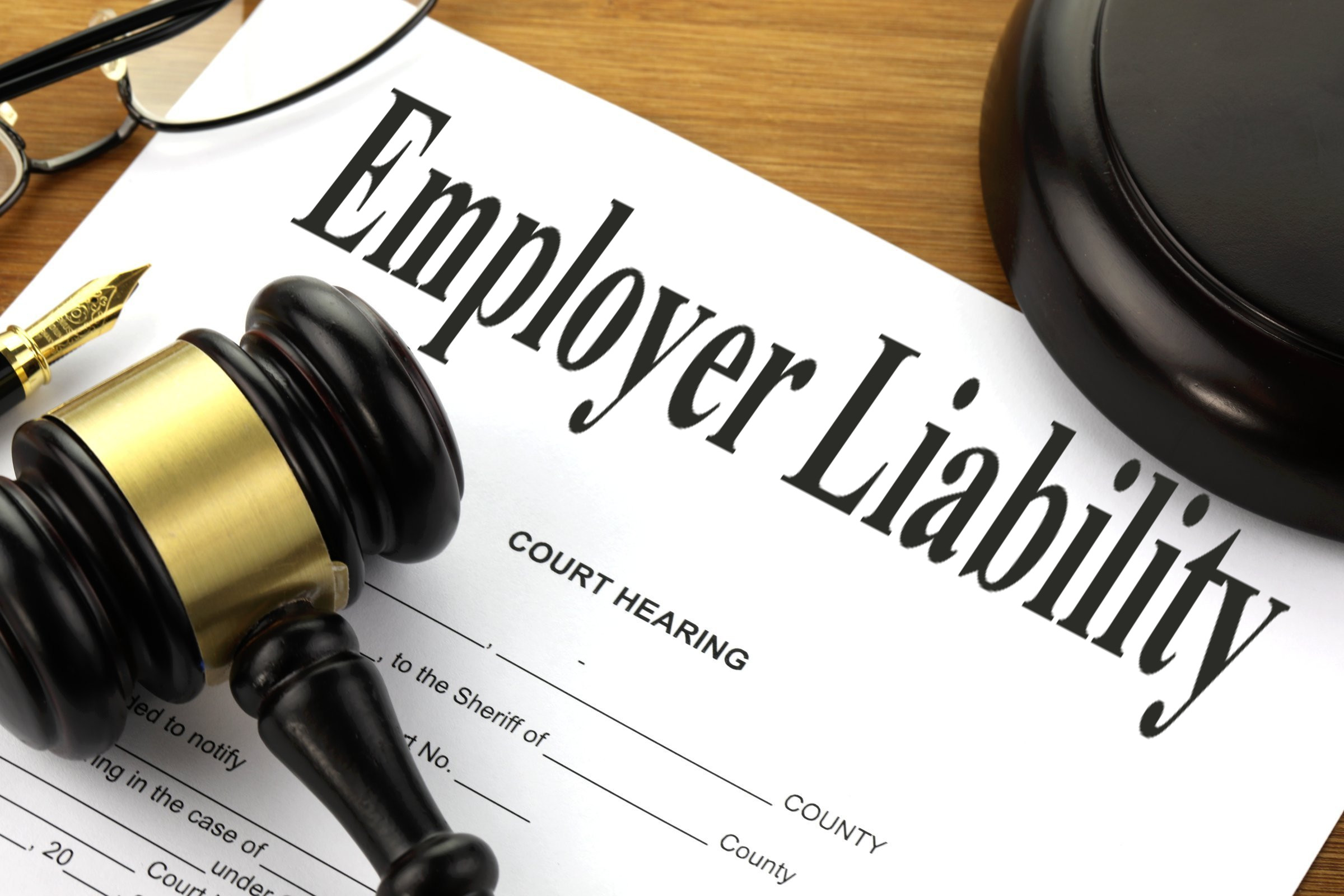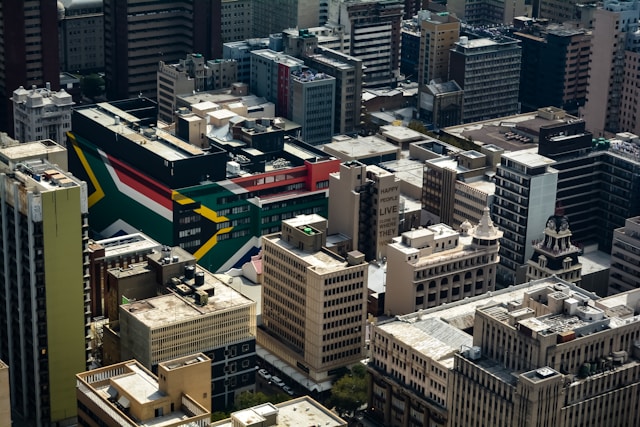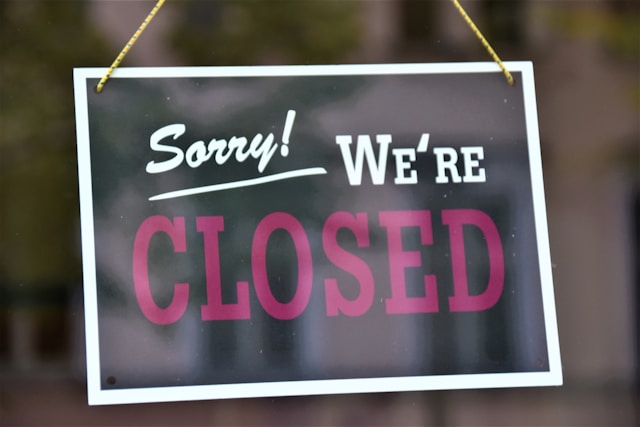What to Do After a Car Accident: Financial and Legal Steps to Take Immediately
Car accidents can happen to anyone, no matter how careful you are. Whether it’s a minor fender-bender in Sandton traffic or a major collision on the N1, knowing what to do in the moments that follow can make all the difference — not just for your safety, but for your insurance claim and legal protection.
This step-by-step guide explains exactly what South Africans should do after a car accident, combining practical advice with financial and insurance insight to help you recover quickly and confidently.
1. Stay Calm and Prioritise Safety
The first and most important step is to ensure everyone’s safety.
If anyone is injured, call emergency services immediately by dialling 112 (from a cellphone) or 10177 for an ambulance. Move vehicles out of traffic if possible — but only if it’s safe to do so.
If the cars can’t be moved, turn on hazard lights and place your reflective warning triangle at least 45 metres behind your vehicle. Remember, South African law requires every car to carry a red warning triangle.
2. Call the Police and Report the Accident
Under South African law, all accidents involving injury, death, or suspected damage to another person’s property must be reported to the police within 24 hours — even if no one is hurt.
It’s best to call the police to the scene. They’ll issue a case number, which you’ll need for insurance and legal purposes.
If the police can’t come immediately (which is common in minor collisions), go to the nearest South African Police Service (SAPS) station to file a report. Keep a copy of the Accident Report (AR) number, as your insurer will ask for it.
3. Gather Evidence at the Scene
The minutes after the crash are crucial. Gather as much information as possible:
Full names, ID numbers, and contact details of all drivers and witnesses.
Vehicle registration numbers and driver’s licence details.
Photos or videos of vehicle damage, road conditions, and traffic signs.
A brief note of the time, date, and location.
If the other driver is aggressive or uncooperative, avoid confrontation and let the authorities handle it. Never admit fault or make promises — simply exchange details.
4. Notify Your Insurance Company Immediately
Once you’re safe and have reported the incident, contact your insurer as soon as possible — ideally within 24 hours.
Most South African insurers, like OUTsurance, Santam, Discovery Insure, and MiWay, offer 24-hour claims lines or app-based reporting. Quick reporting not only speeds up your claim but also shows good faith and compliance with your policy terms.
Be ready to provide:
Your policy number and personal details.
The SAPS case number.
Details and photos from the accident scene.
Failure to report an accident promptly can lead to claim rejection — one of the most common mistakes drivers make.
5. Understand Your Financial Responsibilities
Even if you’re not at fault, an accident can still have financial consequences. Here’s what to keep in mind:
Excess payment: You’ll need to pay an excess (the first part of any claim) before your insurer repairs your vehicle. This can range from R2,000 to over R10,000 depending on your cover.
Third-party claims: If another driver blames you, your insurer will handle negotiations or settlements on your behalf — one of the main reasons comprehensive cover is vital.
Car hire: If your car is being repaired, check whether your policy includes a courtesy vehicle. If not, plan for alternative transport costs.
Write-off value: If your car is declared a total loss, your insurer pays the market or retail value based on the policy type — something to review before renewal time.
6. Seek Legal and Medical Support
Even minor accidents can cause hidden injuries or legal complications. Visit a doctor to document any pain or trauma, as these records may be needed later for medical claims.
If the other driver was uninsured or driving recklessly, you can explore compensation through the Road Accident Fund (RAF) — a state-funded system that helps victims of negligent driving in South Africa.
Consult a legal or financial advisor if:
The other party refuses to cooperate.
You were injured or hospitalised.
You’re uncertain about settlement offers.
A short legal consultation can save you from long-term financial stress.
7. Review and Strengthen Your Insurance Cover
After any accident, take time to reassess your insurance. Many South Africans only realise gaps in their cover after an incident — for instance, not having third-party protection or roadside assistance.
Ask your broker or insurer about:
Comprehensive vs. third-party-only cover.
Optional extras like car hire, windscreen cover, and tyre protection.
Whether your premium and excess still suit your budget and vehicle value.
This proactive approach not only improves your financial resilience but also ensures smoother claims in the future.
Professional Takeaway
A car accident can shake anyone’s confidence, but following a clear process can protect both your finances and your legal standing. In South Africa’s fast-paced, high-risk driving environment, preparation is everything.
By staying calm, documenting the scene, and contacting your insurer promptly, you safeguard your rights and prevent costly claim disputes. Most importantly, the incident becomes a learning opportunity — to improve your risk management, update your cover, and drive more consciously.
In short: Safety first, paperwork second, and prevention always.




